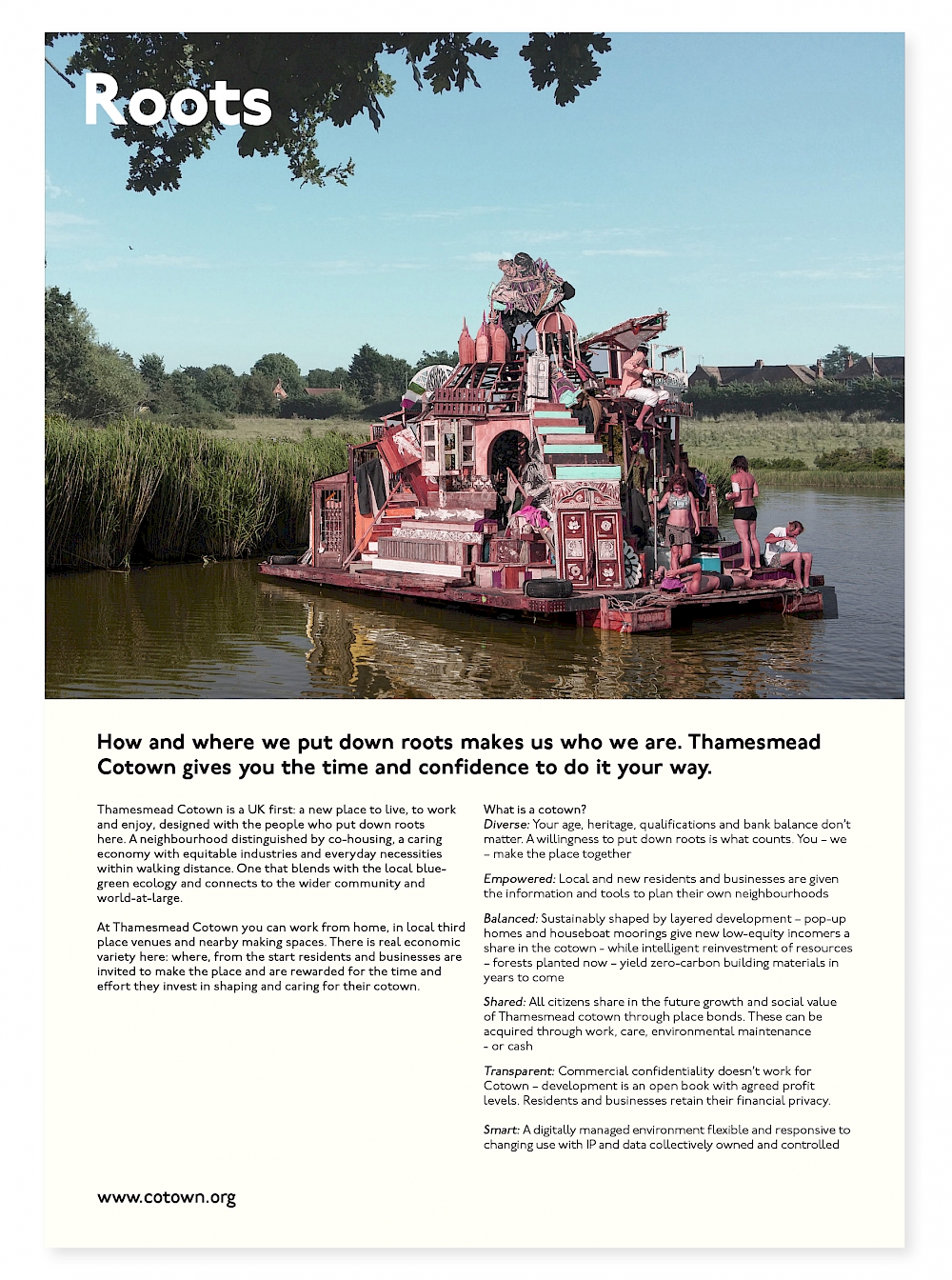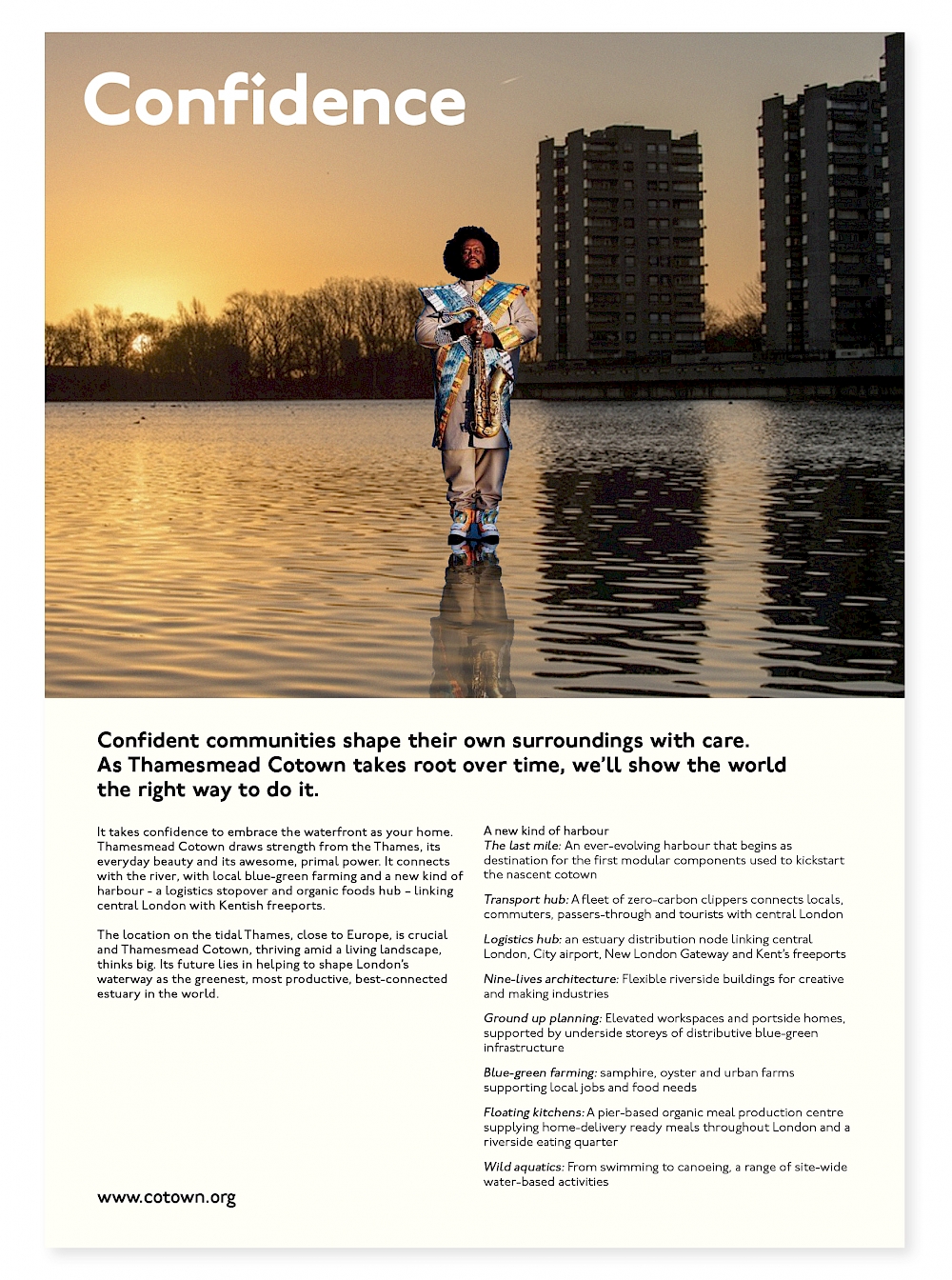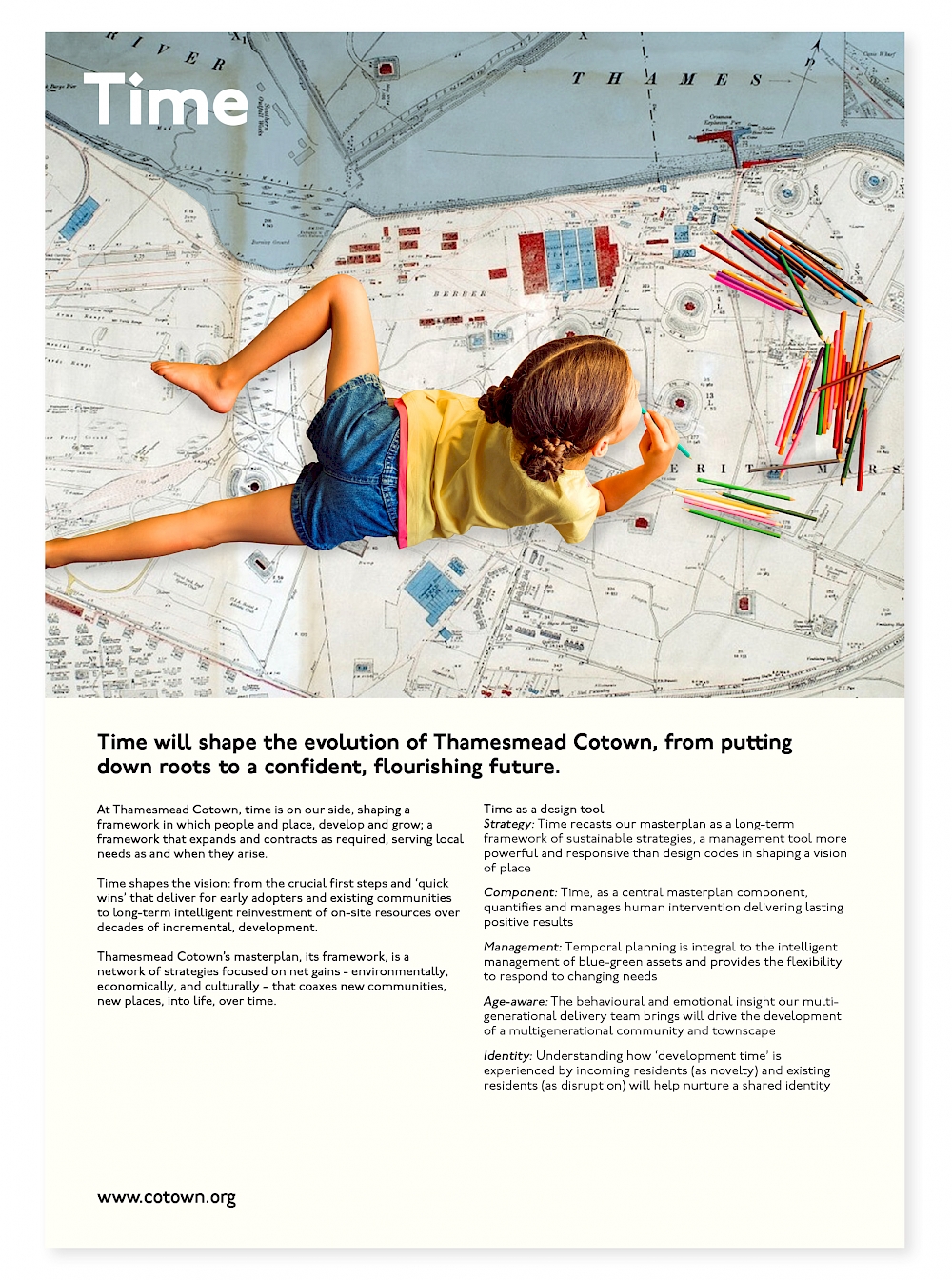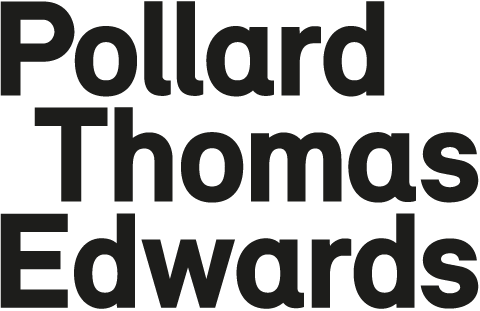VIEWPOINT: 15-minute neighbourhood

Author: Rory Olcayto, writer and critic
As the Covid-19 pandemic upends our lives – where we work, how we travel, how and where we socialise – our towns and cities, especially our cities, feels forever changed. Will the 15-minute city lead us out of the mire?
We’ve been thinking about the 15-minute city, neighbourhoods in which work, shops, entertainment, education and healthcare are pretty much on your doorstep – no more than 15 minutes away on foot or five on bike. We’ve been thinking about emerging typologies that might flourish in these neighbourhoods, especially now that commuting is on the back burner: like ‘third place’ buildings - community-focused architecture, founded on sociality, where people flock to be together. Buildings that embody an architecture of anticipation; that are flexible rather than prescriptive, brimming with potential and proudly non-exclusive. And we’ve been thinking about collaboration, working together, the act of co-creation.
These three strands: local living, community-focused architecture, and co-creation underpinned our recent Thamesmead Waterfront competition entry, which inevitably was also shaped by the Covid pandemic and its impact on how we use our towns and cities.
Co-created with numerous partners we called our proposal for a collectively-made settlement, Thamesmead Cotown (2020), “a UK first: a new place to live, to work and enjoy, designed with the people who put down roots here. A neighbourhood distinguished by co-housing, a caring economy with equitable industries and everyday necessities within walking distance. One that blends with the local blue-green ecology and connects to the wider community and world-at-large.”
In a cotown, working from home is easy – because houses are designed to allow for this, but we also stipulated third place venues and nearby making spaces. As well as deploying smart tech to create a digitally managed environment flexible and responsive to changing use, we called for a genuinely diverse neighbourhood, where age, heritage, qualifications and bank balance don’t matter. A willingness to put down roots is what counts.
Although we weren’t shortlisted, the cotown concept – the Pollard Thomas Edwards take on the 15-minute city – has allowed us to explore ideas around a new, relevant architecture and urbanism for the 2020s.









